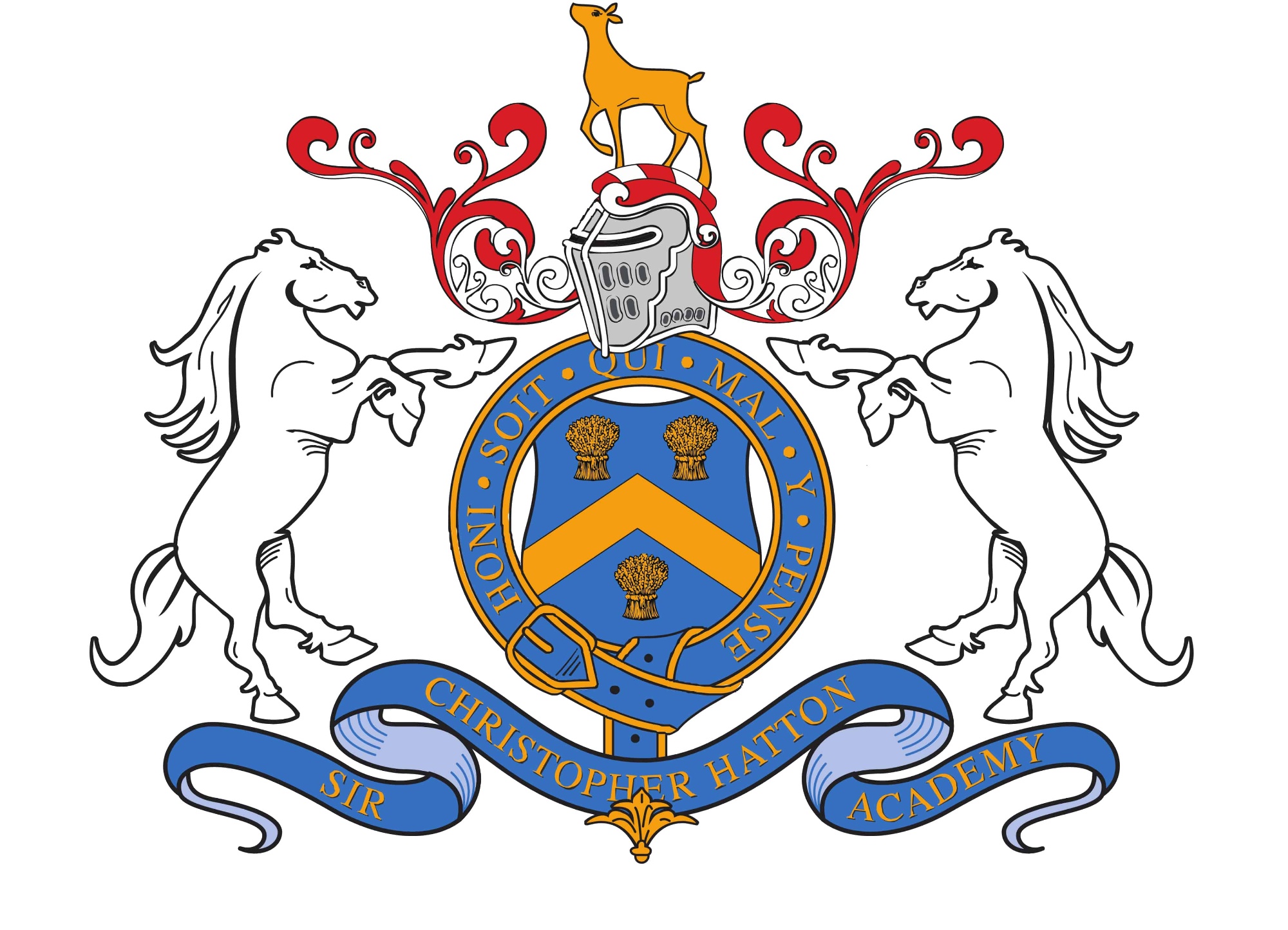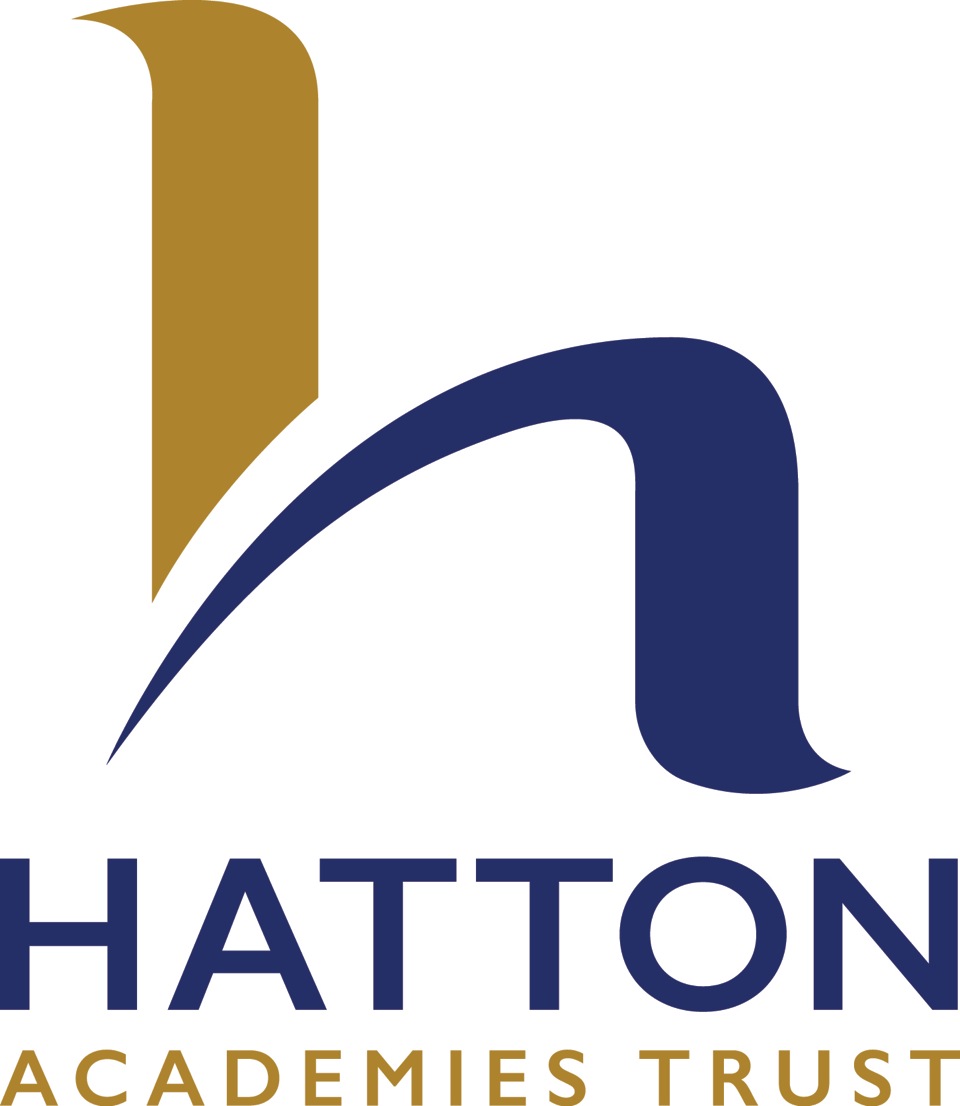Pupil Premium
What is Pupil Premium?
The Academy receives Pupil Premium funding from the Government in respect of disadvantaged pupils (pupils who have been registered for free school meals (FSM) in the last 6 years or looked after continuously by the local authority for more than six months). The funding is targeted to ensure that every pupil has the best possible chance of achieving their full potential at school whilst experiencing exciting enrichment opportunities beyond the curriculum.
Pupil Premium Funding
The Academy is extremely proud that since 2017 disadvantaged students at Sir Christopher Hatton have achieved outstanding GCSE results.
The Progress 8 measure reflects achievement across a range of subjects, including English, Maths and Science. Our disadvantaged students achieved progress which is greater than the average of both all students nationally and non-Pupil Premium students nationally.
In 2023/24, the Pupil Premium plus the recovery premium allocation is: £289,000. The academy's Pupil Premium strategy statement is available for download here
In 2022/23, the Pupil Premium plus the recovery premium allocation is: £251,645. The academy's Pupil Premium strategy statement is available for download here
In 2021/22, the Pupil Premium plus the recovery premium allocation is: £258,415. The academy's Pupil Premium strategy statement is available for download here
As of the 1st September 2023, Sir Christopher Hatton Academy has a cohort of 263 pupil premium students (including 12 service children) and 11 students who are Looked After or Adopted from Care. The breakdown by year group is illustrated below:
|
Year Group |
Total number of students |
Total number of PP students |
cLA or adopted from care |
|---|---|---|---|
|
7 |
252 |
43 |
1 |
|
8 |
243 |
54 |
2 |
|
9 |
245 |
51 |
2 |
|
10 |
235 |
49 |
3 |
|
11 |
259 |
54 |
2 |
|
12 |
102 |
12 |
1 |
|
13 |
106 |
0 |
0 |
Sir Christopher Hatton Academy is committed to closing the gap between disadvantaged students and their peers. The disadvantaged cohort of 2022/23 consisted of 41 students. 20% of disadvantaged students achieved strong pass (grade 5) in English and Maths. 35% of disadvantaged students achieved a pass (grade 4 - previously grade C) in English and Maths.
Disadvantaged students at Sir Christopher Hatton Academy made significantly better progress than their non-disadvantaged peers nationally
|
Disadvantaged* |
Attainment 8 |
Progress 8 |
|---|---|---|
|
English |
9.7 |
+0.21 |
|
Maths |
8.98 |
+0.35 |
|
EBAC |
13.76 |
+0.57 |
|
Other |
13.5 |
+0.23 |
|
Overall |
45.8 |
+0.35 |
It is expected that the Academy will determine how Pupil Premium funding will be spent, as we are best placed to assess what additional provision our students would benefit from to enable them to succeed in their studies.
Our Priorities
- Students eligible for FSMs and other vulnerable students who are underachieving (not making expected progress)
- KS3 students where improved literacy levels would enhance their progress
- Use of pupil premium to fund the following activities:
a) Assessment of need
b) Interventions
c) Enrichment
Assessment of Need
The Academy assesses pupil needs in the following ways:
- The Academy has adopted a system to identify literacy levels for these students
- The Academy analyses historic data to identify areas where improved progress can be targeted
Interventions
- Creation of smaller classes in English to boost personalised literacy development and in mathematics
- 2 additional teachers to support students in the areas of literacy and mathematics
- Implementation of intervention programmes to boost literacy levels and pupil confidence
- Raise awareness and profile of pupil premium students with staff and governors by introducing pupil premium students as a key focus group in data analysis to support intervention
- Identify students who are classed as long-term disadvantaged, and prioritise intervention and financial support for trips and visits
- Whole school literacy co-ordinator and numeracy coordinator
Enrichment
The Academy has developed a complete enrichment programme for all student's personal and social development. In addition to this, funding is targeted as follows for pupil premium students:
- Subsidising students trips and visits to maximise opportunity
- Subsidising personal interests and hobbies to enable students to reach potential in areas not offered within the Academy
- Introduction of the enrichment programme as a core element of the curriculum
- Prioritising and subsidising these students within the whole Academy enrichment programme activities

